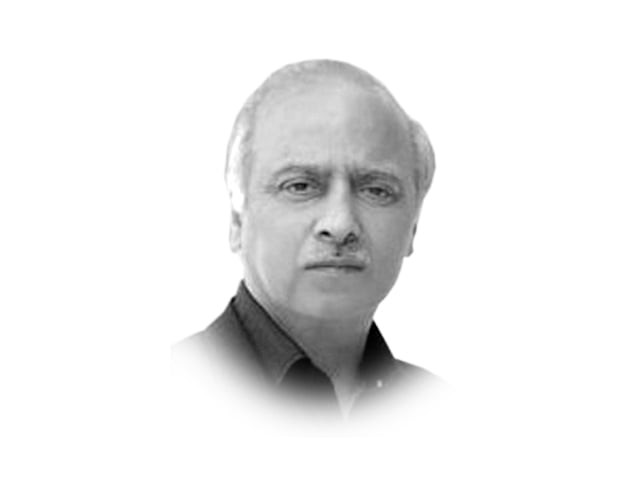Pakistan and the SCO
SCO nations Tajikistan, Turkmenistan, Russia, China, Iran, Pakistan can not afford permanently unstable Afghanistan.

Pakistan and the SCO
At a time when tensions with the United States are soaring and senior American leaders, including Secretary of Defence Leon Panetta, are spewing venom in order to ratchet up pressure on Islamabad, the Shanghai Cooperation Organisation (SCO) is increasingly gaining importance as it provides a forum for networking within the region on some pressing issues common to all. With the addition of Turkey as a dialogue partner and the acceptance of Afghanistan as having observer status, the organisation seems to be knitting regional countries ever closer for a multitude of reasons. Both Russia and China share almost identical views on the Iranian nuclear programme. Also, Pakistan thinks more or less in the same vein about the questionable Western opposition to the Iranian quest for nuclear technology. Finally, the Iran-US tiff continues to inject tension and serves as a debilitating factor in regional geopolitics. And since Russia, Iran, China and Pakistan have a much greater stake in regional peace and stability, there is all the more reason for them to develop a synergy of thought on Afghanistan, too.
The four countries cannot look at Afghanistan as an endgame for the US-Nato alliance; they have to coexist with Afghanistan forever and should worry about it keeping their own interests in mind. None of these countries — Tajikistan and Turkmenistan, Russia, China, Iran and Pakistan — can afford a permanently unstable Afghanistan, prone to extremist forces and held hostage to drug cartels.
All the SCO nations are equally wary of the drugs that originate in Afghanistan and the threats that its organised, transborder crime pose to neighbouring nations. Unsure of the US-led Nato alliance’s response to the narcotics trade and the organised crime by strong warlords — some of whom are active partners of the Western alliance in the questionable war against terrorism — most SCO countries do want to close ranks in order to devise regional responses to militancy, drugs and organised crime. This process is likely to receive further impetus if Russian President Vladimir Putin follows up on his promise to visit Pakistan in September/October this year. It will be a big stride, not only for the bilateral relationship, but also for Pakistan’s quest to wipe off the shadows that the Cold War era cast over its relations with Moscow. President Putin is also expected to attend the Islamabad round of the quadrilateral summit involving Afghanistan, Pakistan, Russia and Tajikistan.
Additionally, India’s growing partnership with Washington appears to have slowed down New Delhi’s quest for the SCO membership. That is, perhaps, underscored by the fact that even in Beijing, instead of the prime minister or the president, the minister for external affairs represented his country. This means that they will be consequences for Pakistan because both India and Pakistan will be added to the group simultaneously — probably at the next summit in Kyrgystan a year from now. The engagement with its core members, China and Russia, however, represents huge realignment opportunities for Pakistan to shift its focus away from the thorny relationship with the US to Moscow, Beijing and, of course, India for a smoother political and commercial partnership within the region. The SCO is no alternative to the US-led Nato but it promises huge dividends in terms of regional commercial linkages and economic cooperation.
Also, now that Washington has clearly de-hyphenated India from Pakistan (meaning that it favours India over Pakistan), officials in Islamabad believe the American tilt towards India offers a good opportunity for Pakistan to seek greater alignment with China and Russia. The Chinese, by turning Zardari’s visit into a bilateral one, displayed their displeasure over what President Obama did to the former in Chicago. It is now, perhaps, Moscow’s turn to show appreciation for and empathy towards Pakistan. Also, if Iran, China, Russia and Pakistan can forge unity for economic cooperation, this can create an unmatchable momentum of its own in the region.
Published in The Express Tribune, June 20th, 2012.













COMMENTS
Comments are moderated and generally will be posted if they are on-topic and not abusive.
For more information, please see our Comments FAQ